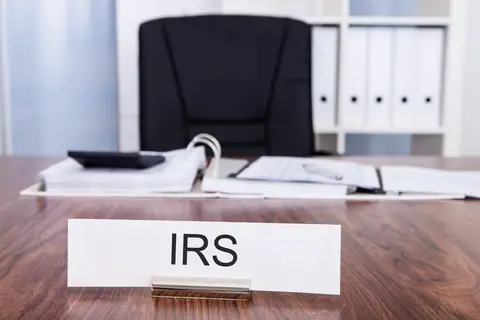Even though audit rates are at historic lows — just 0.7% overall in the government’s 2016 fiscal year — you may be the unlucky taxpayer to fall under the IRS’s microscope for examination. A small business owner has better things to do with his or her time and money than deal with tax controversies. Hassling over taxes costs a business owner personal time and considerable professional fees. Anything that can be done to expedite a resolution and avoid the need to litigate is a valuable option.
 Here are some options to consider:
Here are some options to consider:
Fast track settlement
In 2003, the IRS created a special Fast Track Settlement (FTS) program for large and mid-sized businesses. A pilot FTS program was started for small businesses and self-employed individuals in 2006, which was extended and expanded. Now the IRS has established the SB/SE FTS program nationwide. This mediation program allows small businesses and self-employed individuals with unresolved factual and legal issues in at least one open year under examination to work with the SB/SE division and the Appeals Office to settle up during the examination process (before a matter goes to collection). The IRS says that the entire FTS process can be completed within 60 days after acceptance into the program.
The guidance lists the types of situations in which FTS can and cannot be used. For example, it’s not appropriate for correspondence audits. Both parties must affirmatively consent to participate in SB/SE FTS. When both sides agree that SB/SE FTS is appropriate, the taxpayer and the IRS examiner must jointly complete and sign Form 14017, Application for Fast Track Settlement, and prepare the Application Package. This package includes the Form 14017, properly documented work papers supporting the IRS Examiner’s position, and the taxpayer’s written response.
As with any type of mediation, the FTS program does not create a binding decision. Instead it works with the parties to reach consensus in the hopes that both sides will resolve the tax issue.
Fast track mediation
If a tax matter is in collection, it’s not too late to settle up. You can use Fast Track Mediation to resolve disputes. The IRS says this can be done within 40 days. This program is initiated by filing Form 13369, Agreement to Mediate, plus a written statement explaining your position on disputed matters.
Post-appeals mediation
If you’ve gone beyond the examination and collection process, you can still mediate your case through post-appeals mediation (PAM). To use this option, simply send a written statement to the Appeals Officer or Settlement Officer containing a request for PAM and an explanation of your position on disputed issues; there is no special form required. The goal is to resolve the matter within 60 to 90 days after the PAM application is accepted.
If you used FTS, you can’t use PAM for any issues that were previously considered in FTS.
Arbitration
Years ago the IRS launched an Appeals arbitration program, which was designed to create a binding decision about a tax issue. Two years ago, the IRS announced it was killing the program as of September 21, 2015. The reason: lack of interest. Over the 14 years of the program there were only two cases settled through arbitration.
Conclusion
If you face a tax dispute with the IRS, be sure to bring in expert help immediately. Depending on the matter, your CPA may be the expert to represent you, or you may need a tax attorney. Despite using mediation, you may be forced to bring your case to court … but that’s the subject of another blog.


